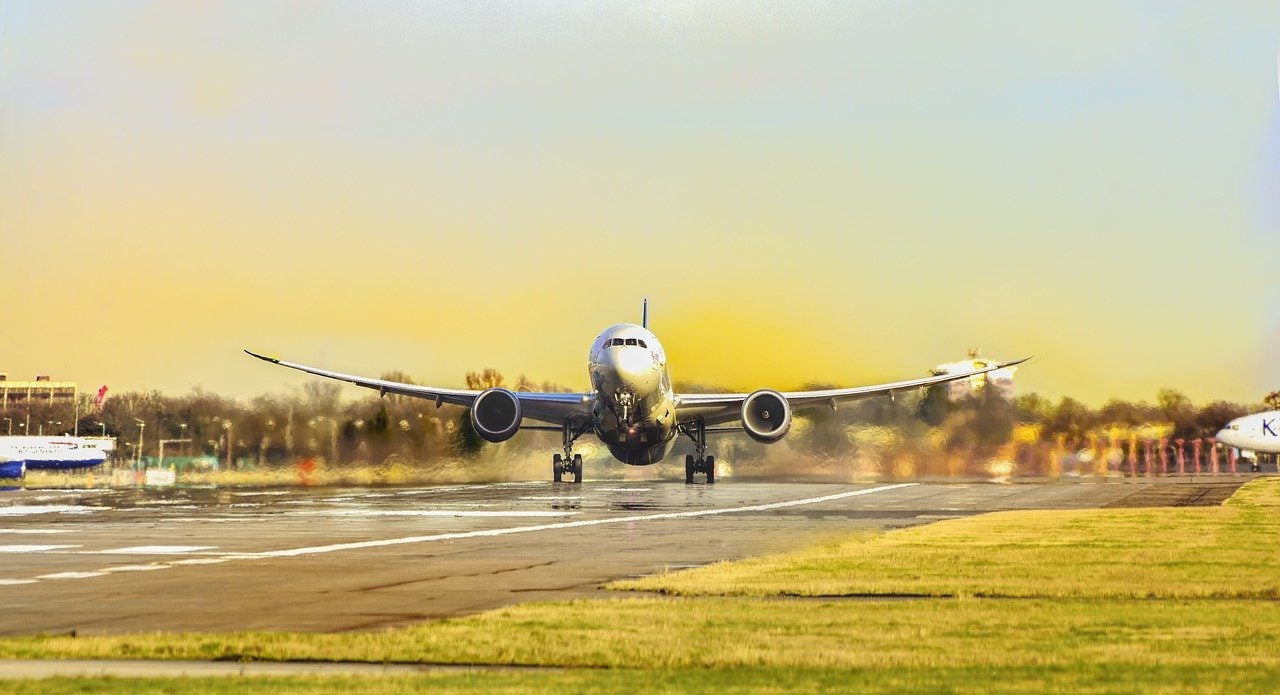I’ve been learning the ropes of social media marketing lately. A few days ago, my friend Brian Honigman, a marketer and social media analytics instructor at New York University, gave me access to his Socialbakers account.
When I was playing around with this analytics platform, I found that three major airlines – JetBlue, Emirates and Royal Dutch Airlines (KLM) – are leading brands in their own right on Twitter. All of them have a strong presence on the platform and work hard to develop high quality campaigns for Twitter.
But there are nuances in their Twitter marketing strategies. For example, KLM is very focused on customer service on Twitter, while JetBlue and Emirates put more effort into branding.
Below is my analysis on their Twitter marketing techniques over the past three months. Hope it can help your Twitter account take off.
Table of Contents
ToggleKLM
KLM has around 1.96 million followers. On average, it gains 31,000 followers per month and tweets 12 posts per day.
The airline remains authentic on Twitter. Like other airlines, KLM posts information around pricing, flight details and destinations in the form of images, videos and text-based tweets.
Unlike its peers, KLM constantly promotes its company blog with the hashtag #KLMblog. This is a smart plan because in doing so, KLM is not only able to drive tons of traffic back to the blog, but also tell unique stories around the brand and nurture a relationship with travelers.
Aside from blog marketing, KLM uses Twitter mainly for customer service. As the airline’s cover photo indicates, KLM aims to answer every customer request within 17 minutes and update every five minutes! It even includes the hashtag #happytohelp in its bio line.
KLM has a response rate of 67 percent, according to Socialbakers, meaning that the airline is responsive compared to others. KLM receives an average of 1,000 mentions per day, most of which could be genuine queries that need to be investigated.
JetBlue
JetBlue has the most followers (1,97 million), followed by KLM and Emirates. On average, JetBlue gains 4,000 followers per month and posts an average of four tweets per day.
Different from KLM’s blog marketing strategy, JetBlue seems to be more focused on offers, ongoing events and partnerships with high-profile brands. For example, its most engaging tweet over the past 30 days taps into NYC Marathon.
JetBlue also creates specific content for its business partners like American football team New York Jets, and gives them @mentions in its tweets.
When it comes to content formats, JetBlue has a knack for rich media such as videos and GIFs. Lately, the airline has been circulating funny yet thought-provoking GIFs, memes and videos around its 16-minute film “HumanKinda” on Twitter. This film is JetBlue’s first foray into long-form content.
Since JetBlue doesn’t use blog marketing, the airline occasionally creates original hashtags to give Twitter users useful information. For example, on Fridays, it introduces a place to go with the hashtag #DestinationFriday.
JetBlue also rewards its followers on Twitter to find even more new followers.
Like KLM, JetBlue doesn’t have a separate Twitter account to take care of consumer requests. With a response rate of 62 percent, JetBlue is less responsive than KLM on Twitter and has some room for improvement in terms of customer service.
Emirates
Compared to KLM and JetBlue, Emirates has fewest followers (590,000) and the airline only posts an average of one tweet per day.
However, on average, the airline gains more than 23,000 followers per month, according to Socialbakers!
While Emirates doesn’t post as often as KLM and JetBlue, why are the airline’s Twitter followers growing so rapidly? This huge gain can be partly attributed to unique services, high quality visual content as well as global sponsorship deals, particularly those involving famous soccer clubs.
For example, the airline posted a #HelloJetman tweet with a link back to an original video featuring two intrepid “jetmen” flying in carefully choreographed formation with a huge Emirates’ luxury A380. This tweet received 396 favorites and 289 retweets.
Meanwhile, it promoted a special edition aircraft model to celebrate its long-standing partnership with Premier League football team Arsenal. This tweet has been retweeted for 3.3 thousand times, showing that both Emirates travelers and Arsenal fans love this idea.
Emirates also offers Twitter exclusive promotions to reward its followers.
On average, Emirates has around 1,300 mentions per day, but its response rate is zero. This is because Emirates has a separate customer service account @EmiratesSupport to handle consumer requests.
Major takeaways
Over the past three months, JetBlue topped Twitter lists with the most followers, while KLM saw the most growth.
The three airlines have different purposes on Twitter. KLM uses the platform as a customer service tool, while Emirates leverages Twitter for branding. In comparison, JetBlue takes a mixed approach for both customer service and branding purposes.
Although KLM, JetBlue and Emirates all talk about pricing, flight details and destinations on Twitter, they execute social marketing in different ways. KLM specializes in blog marketing.
JetBlue has done a great job in rich media, while Emirates smartly utilizes partnerships and offers Twitter exclusive rewards to attract more Twitter users.
The most important Twitter marketing strategies one can learn from the above three airlines include:
- Figure out your goal of Twitter marketing and then produce content around that goal.
- Go multimedia with a focus on still images, GIFs and video content.
- Post more often to generate more interactions, though don’t overdo it. Remember, not everyone can become Emirates.
- Create Twitter exclusive promotions to find more followers.
- Include trending hashtags and mention other brands in tweets.
- Create original hashtags and tell a story on Twitter in sequence with those hashtags, especially when you don’t have a blog.
- Partnerships with other brands help drive Twitter engagement.
Source – ClickZ.com


